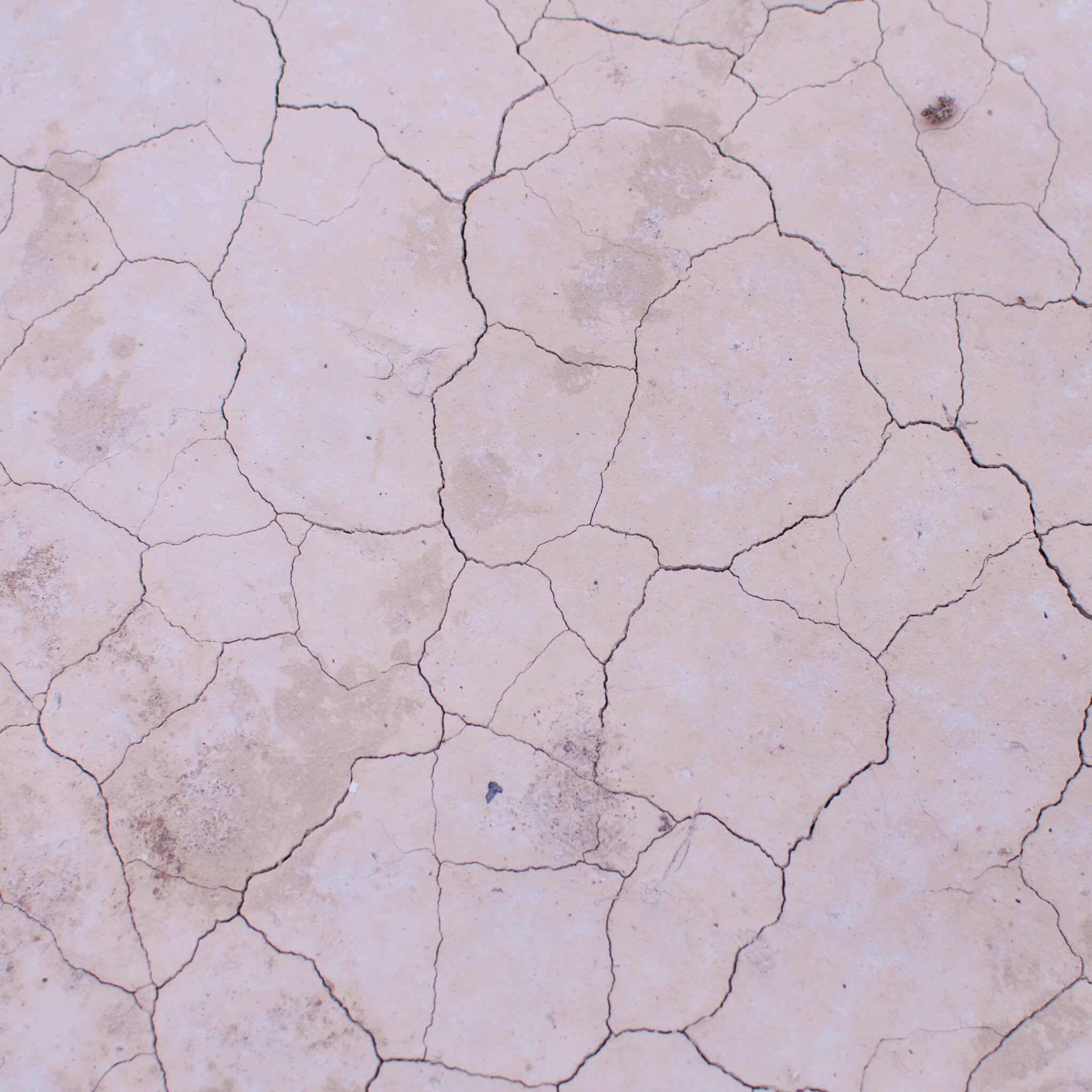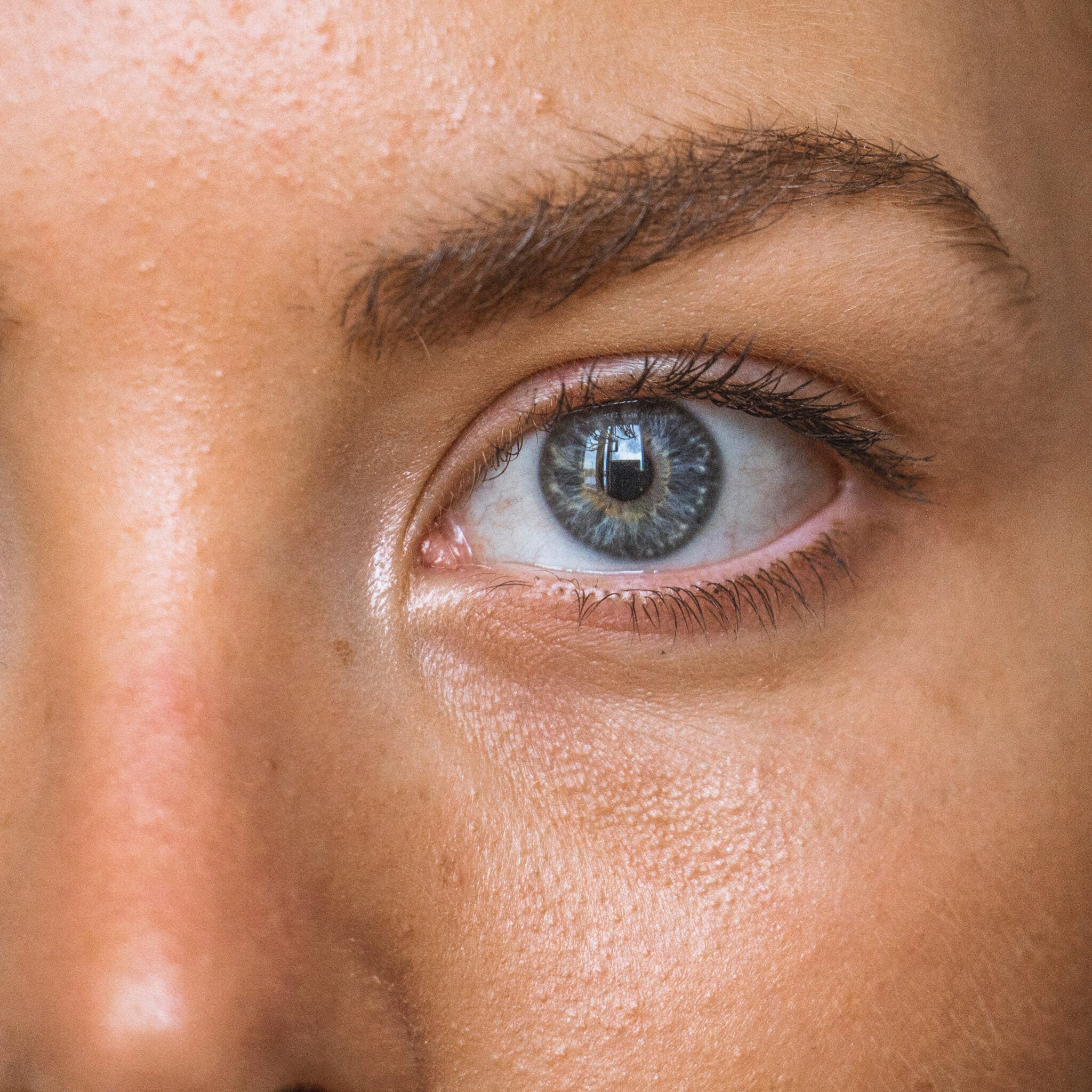People with sensitive skin are rarely puzzled about its condition – sensitive always finds a way to remind about itself by showing intense reactions to various products and environmental factors. Sensitive skin requires extra gentleness and thorough protective barrier care. Plus, it tends to bring various companions, such as eczema, rosacea, dermatitis, and various allergic reactions. Even though every sensitive skin is unique, certain skincare steps can help almost all sensitive skin owners feel more comfortable in their skin.
Create a sensitive-skin-friendly environment
Sensitive skin is often prone to dryness and natural sebum disbalance. If you wish to protect your skin’s protective barrier, optimal moisture, and elasticity, you should consider a few environmental factors. If the air in your home is dry, consider purchasing a humidifier (60% humidity is the sweet spot for our skin’s health). When bathing or washing your face, choose lukewarm water and limit your showers to 5-10 minutes in order not to strip your skin. Avoid wearing wool and other fabrics that might irritate the skin but always keep it protected from harsh weather conditions: wear hats, scarves, and gloves (or mittens!), and put on some nourishing moisturizer before leaving the house. It’s important to consider even the most minor details, such as laundry detergents, fabric softeners, perfume, etc. You need to discover what is comfortable for your individual skin. Even though it might take a bit of time and patience, once you find what you’re looking for, taking care of your skin will become a lot easier.
Create a sensitive-skin-friendly skincare routine
Step 1: Gentle cleanser
To wash your sensitive skin, choose gentle hydrating cleansers. Look for aloe vera, cucumber, chamomile extracts, avoid added perfume and colorants.
Sensitive skin may also benefit from regular exfoliation with a gentle yet effective acid cleanser. One gentle acid that does its job really well is glycolic acid. Sensitive and redness-prone skin may also enjoy products that contain azelaic acid which is known for its potency against rosacea. Of course, it‘s important to remember to choose formulas where acid concentrations are tailored for sensitive skin.
Step 2: A great serum.
Choose serums that contain tried and true science-backed ingredients that strengthen your skin‘s protective barrier and aid in its regeneration. A prime example is panthenol (Vitamin B5). Even though it is a very common ingredient, it‘s a true skin recovery superstar. Panthenol helps to restore the barrier functions of the skin and recover the moisture balance on its uppermost layer. Another important moment: for sensitive skin, quality hydration is an absolute must. It can be delivered by, for example, hyaluronic acid or glycerin. These are also common and popular ingredients, but they hydrate the skin really well and help it maintain moisture longer. Don‘t forget that hyaluronic acid-based products will work well if you apply them to damp skin.
Step 3: Moisturizing and/or nourishing cream.
Sensitive skin owners should consider creams that are enriched with powerful plant oils and extracts (such as sea buckthorn or sweet almond extracts) that aid in barrier repair and maintenance. For the same reason, this type of skin would also benefit from ceramides. When choosing creams, try to avoid those that contain perfumes, essential oils, or “bad” alcohols.
Consider trying powerful plant oils in their natural form since they may help your skin recover and make it smooth as ever. Especially if you put them on during nighttime. One of the most universal and user-approved oils is jojoba oil that resembles the sebum that is produced by our skin. The same resemblance is also a feature of plant-based squalene. Other quality oils are argan oil, borage oil, rosehip oil, marula oil, etc. If you use an oil, it should be the last step on your routine so that it could shower your skin with its benefits and lock in the goodness of the products that came before.
Step 4: Sunscreen.
All year long, no matter the weather, your skin needs quality sun protection. Sensitive, dry, and irritated skin whose barrier is not in its best condition, is especially prone to all types of environmental damage, including UV radiation. Choose a broad-spectrum mineral sunscreen (SPF50+) that will not only protect your skin from UV rays but also from all the blue light that we deal with in our digitalized lives.
Gentle Gentle Gentle!
While taking care of your sensitive skin, avoid products that are not gentle for it.
- Avoid using bar soap for your face. It is very unfriendly to the lipid barrier of the skin.
- Avoid ingredients that are usually irritating (“bad” alcohols, essential oils, fragrances).
- Avoid mechanical exfoliants – choose chemical ones.
- Say no to rough cleansing tools – various sponges, cleansing mittens, etc.
Learn your skin, create a gentle environment and a gentle skincare routine and watch your skin return to its biological comfort zone.




Leave a comment
All comments are moderated before being published.
This site is protected by hCaptcha and the hCaptcha Privacy Policy and Terms of Service apply.